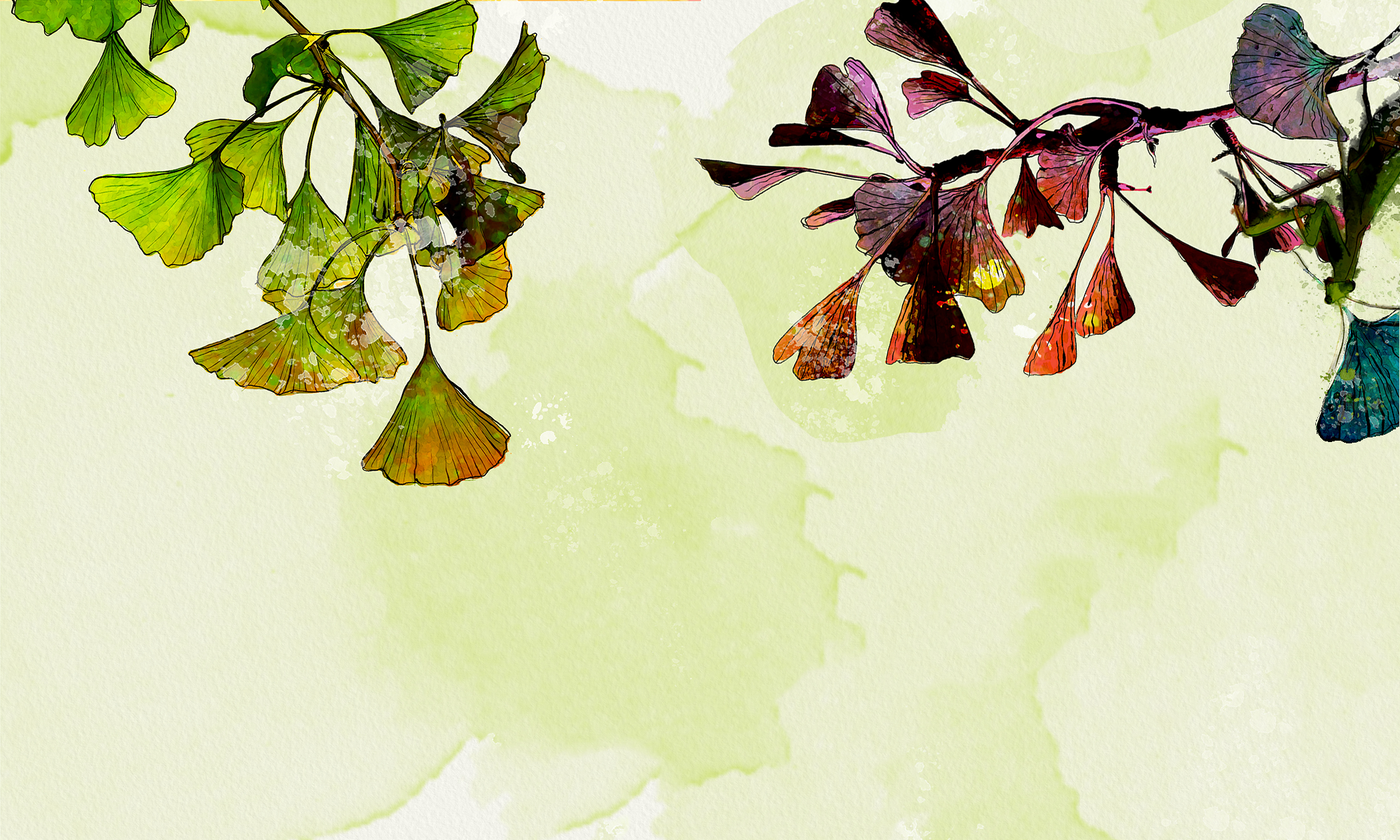
Mantis 20 (Spring 2022)
Retrospective
translated from the Spanish by G.J. Racz
Eduardo Chirinos
Reloj de sol
Una amiga me obsequió por mi cumpleaños
una brújula. Nunca antes había tenido una
brújula, por lo general me oriento bastante
bien. Por eso me sorprendió el regalo. ¿Qué
quería decirme mi amiga? Era una cajita de
madera con un broche de metal. En la tapa
figura la inscripción Reloj de Sol, una galera
antigua y cuatro delfines pintados de celeste.
En su interior hay una lista de ciudades con
sus respectivas latitudes (Rabat 34, Sevilla
38, Helsinki 60, Londres 51) y la cara del sol,
radiante como la luna de Méliès, ornada de
círculos concéntricos. Los círculos se hallan
divididos en casillas numeradas del 1 al 12
(¿los meses del año?), números latinos que
cuentan hasta VII (¿los días de la semana?)
y debajo la brújula. No he vuelto a saber
de mi amiga. Dónde estará, no lo sé. Todos
los días contemplo la brújula esperando
alguna señal, algún indicio. Pero su aguja,
obstinada, sonríe. Y señala siempre al norte.
El enamorado y la muerte
A pesar de todo la muerte hace su trabajo,
mide escrupulosamente cada arista, usa la
regla usa la plomada, rellena huecos con un
poco de sombra. Incansable lija cada imper-
fección, deja caer gotas de asombro en cada
arruga. A pesar del fruto la muerte arrasa
con el árbol, maquilla con fervor la calavera
le pregunta ¿podría darte un beso? La cala-
vera se pone colorada y mueve su esqueleto
sin que nos demos cuenta. Sin que nos demos
cuenta esparce sílabas, invade cesuras, tuerce
la rima, nos hace decir lo que no queremos
decir. Con un cuchillo corta el verso donde
menos lo esperamos, sin piedad corta pala-
bras. Su sangre ensucia la página, no deja
seguir adelante. Pero nosotros insistimos.
Al fn y al cabo la sangre embellece, la sangre
canta como una pluma seca, nos advierte
del peligro. ¿Qué ganaría yo escuchándola?
Reloj de sol
A friend gave me a compass for my birthday.
I’d never owned one before and generally
manage to orient myself well. That’s why
the gift surprised me. What was my friend
trying to say? It came in a little wooden box
with a metal clasp. On top, the brand name
“Reloj de Sol” appears with an old galley
ship and four sky-blue dolphins. Inside
there’s a list of cities with their respective
latitudes (Rabat 34, Seville 38, Helsinki 60,
London 51) and the face of the sun, shining
like Méliès’s moon and adorned with concentric
circles. These are divided into compartments
numbered 1 through 12 (for the months of the
year?) and Roman numerals that go up to VII
(for the days of the week?). The compass was
underneath. I never heard from my friend again.
Where she got to, I couldn’t tell you. I look
at the compass every day, though, expecting
to find some sign or clue, but its stubborn
needle only smiles, forever pointing north.
The Lover and Death
In spite of it all, death does its handiwork,
scrupulously taking the measure of every
corner, using the ruler as well as the plumb
and filling in holes with a little shadow. Sand-
papering over all imperfections, it lets drops
of astonishment fall into every crease. In spite
of the fruit, death levels the tree and, passion-
ately applying make-up to the skull, asks: “May
I give you a kiss?” All blushes, the skull wig-
gles its skeleton without our noticing. It scatters
syllables without our noticing, either, invading
caesurae, twisting rhymes and making us say
what we don’t care to. It takes a knife and cuts
the verse where we least expect it, pitilessly
slicing off words. Their blood sullies the page
and doesn’t allow anyone to proceed. Still,
we soldier on. When all is said and done, blood
sings like a dry pen, alerting us to danger.
What could I possibly gain by listening to it?
Originally printed in Mantis 14 (2016)
EDUARDO ALEJANDRO CHIRINOS ARRIETA (1960 — 2016) was born in Lima, Peru and earned a BA from Pontificia Universidad Católica del Perú and a PhD from Rutgers University. He authored of over 15 books of poetry, as well as volumes of academic criticism, numerous essays, translations, and children’s books. His books of poetry include The Smoke of Distant Fires (2012) and Reasons for Writing Poetry (2011), and Written in Missoula (2011). He taught Spanish and Latin American Literature at the University of Montana.
G. J. RACZ is associate professor of foreign languages and literature at LIU Brooklyn, review editor for Translation Review, and past president of the American Literary Translators Association (ALTA). His translations include Calderón’s Life Is a Dream, Lope de Vega’s Fuenteovejuna, four volumes of Chirinos: Reasons for Writing Poetry (Salt Publishing, 2011), Written in Missoula (University of Montana Press, 2011), The Smoke of Distant Fires (Open Letter Books, 2012), and While the Wolf Is Around (Diálogos Books, 2014).
